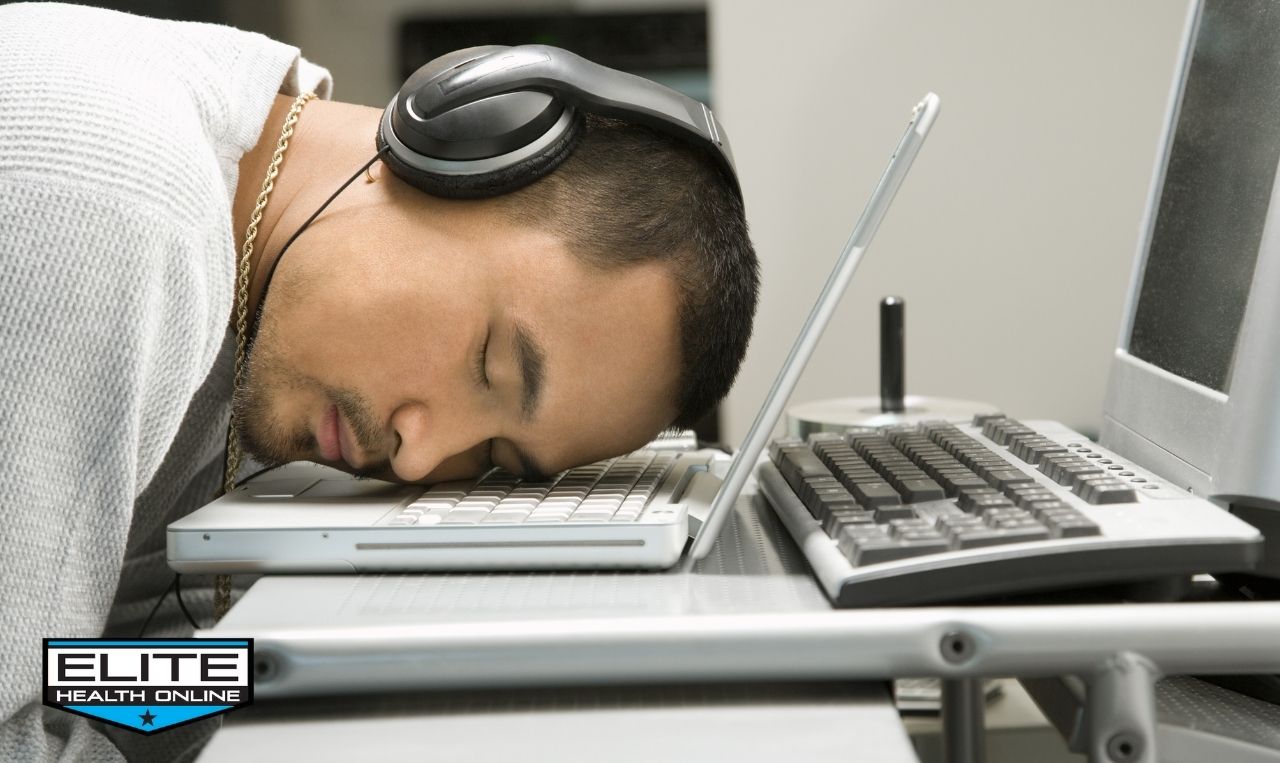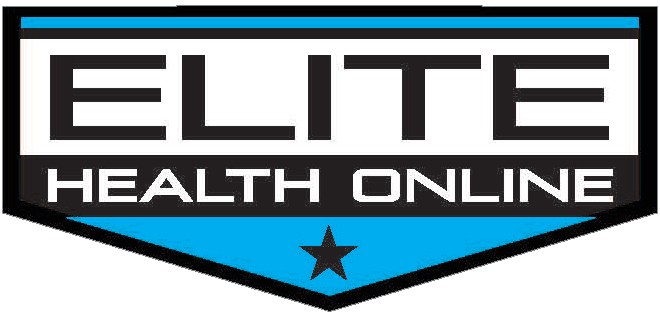
Have you gone from gym rat to couch potato? Sure, we all need some time to recover and rest, but what happens if your recovery time turns into mental and physical fatigue?
Chronic fatigue can be a sign of severe health problems. It can also be a symptom of hormone imbalance. One of these hormones is low testosterone.
Okay. If you’ve been reading our blogs, you know that low T can cause many problems. You also know that testosterone levels decrease as you age. Did you ever think, though, that low testosterone could be the underlying cause of you turning into a couch potato?
Sometimes, fatigue is not just a mental thing. Not just something you have to overcome or force yourself through. Sometimes it has a physical cause that no amount of encouragement or pushing can fix. But, that doesn’t mean there that there are no solutions!
Have You got Fatigue?
Fatigue isn’t just about being tired. Fatigue has its own list of common symptoms, especially if you suffer from chronic fatigue. Ask yourself these questions:
- Are you excessively tired?
- Are you having difficulty sleeping at night or waking up in the morning?
- Do you still feel like crap after a “good night’s sleep”?
- Do mental or physical activities exhaust you?
- Has your concentration crashed?
- Do you have a splitting headache?
- Is your memory shot?
- Are you in a bad mood a lot?
- Do you have little interest in anything?
- Have you got unexplained muscle or joint pain?
Yes. Yes…Did you answer yes to more than one of these questions? Then your suffering from fatigue! Finding solutions requires understanding causes, so let’s take a look at the common causes of fatigue.
Got Low-T Troubles?
Yes, testosterone is often called the male sex hormone, but it does so much more than just keep your sperm count high and your muscles buff. Testosterone is a hard worker. It maintains everything from bone density to muscle mass to motivation regular to sleep patterns. So if you have a significant drop in testosterone levels, you’re like to experience some symptoms that can do more than just bum you out.
When stacked up, symptoms like reduced sex drive decreased motivation, increased body fat, and insomnia can cause chronic low energy and mental and physical fatigue. That means that low testosterone and fatigue go hand in hand.
Have You got Thyroid Troubles?
Combine low testosterone and low thyroid, and you’re not just going to feel like a couch potato. You’re going to feel like a mashed couch potato.
All your hormones are linked together. When one of them goes haywire, it affects others, and the whole system goes out of balance. This is true with thyroid hormone and testosterone.
Low levels of thyroid hormone=low levels of testosterone. Not only that but Hypothyroidism (low thyroid hormone) by itself will cause massive problems with your energy levels. When your thyroid levels are low, your heart can race, your blood pressure can be high, and you can have problems sleeping, which leads to an overtaxed system and chronic fatigue.
Hyperthyroidism is more common in women, but it can occur in men.
Symptoms of Hypothyroidism include:
- Sensitivity to cold
- Fatigue
- Constipation
- Muscle aches
- Weight gain
- Dry skin
- Depression
- Thinning hair
Don’t ignore the symptoms, or you’ll end up with more troubles than just feeling tired. Untreated Hypothyroidism can lead to conditions like goiter, heart disease, and neuropathy.
Have You got Chronic Fatigue? Get Hormone Optimization Therapy
Hormone optimization therapy is a series of continual treatments that balance the level of hormones in your body by putting in what’s missing. So, if you have low testosterone, what’s the common-sense way to fix that? Put testosterone in your body.
How do you do that? There are a variety of ways that you can take hormones: pills, patches, creams, injections…you name it.
If the root cause of your fatigue is a hormone imbalance, then hormone optimization therapy is the way to go. Hormone therapy fixes fatigue by adjusting the levels of hormones in your body to their optimal levels. When hormone levels rock, your body’s metabolic system rocks. And your energy increases dynamically.
Have You got Fatigue? Get Moving!
Most other blogs would list lifestyle changes like proper nutrition and an increase in exercise to battle chronic fatigue. We know our Elite readers are top performers who are already on an optimal nutrition and exercise regimen.
That’s why you’re here. There’s no reason that you should be feeling this way. We will note here, however, that a balanced diet and blood-pumping exercise are necessary to get your energy levels back up.
It’s a Catch-22
Your hormones or other conditions zap you of your energy. As a result, you don’t feel like doing anything and fall out of your routine and you:
- Take on hormone optimization therapy.
- Still can’t do your old routine.
- Get frustrated.
- Get fatigued.
- Don’t feel like doing anything….
To really reap the benefits of hormone therapy, you have to keep moving your body, or you won’t get the results you want. Even if you can’t do what you were doing before you got struck down by fatigue, get back to walking, running, swimming, yoga…whatever it is that you feel inspired to do in small increments.
Then build up. It’s just like building muscles. You can’t lift your goal on the first day.
You have to build that energy muscle up in increments. Before you know it, you’ll be back to your old routine again!
Is Fatigue Kicking Your A**? Let’s Talk!
Occasional fatigue and low energy happen, but if you’re doing all the right things, then you need to get checked out to find out what the problem is. Blood tests can easily confirm hormone imbalances. We can help you with those.
Contact us for a free consultation, and we’ll help you sort out what’s what and help you create a hormone optimization plan that includes hormones and other supplements, vitamins, and minerals that we know work.
You don’t have to be a couch potato— unless you want to!
